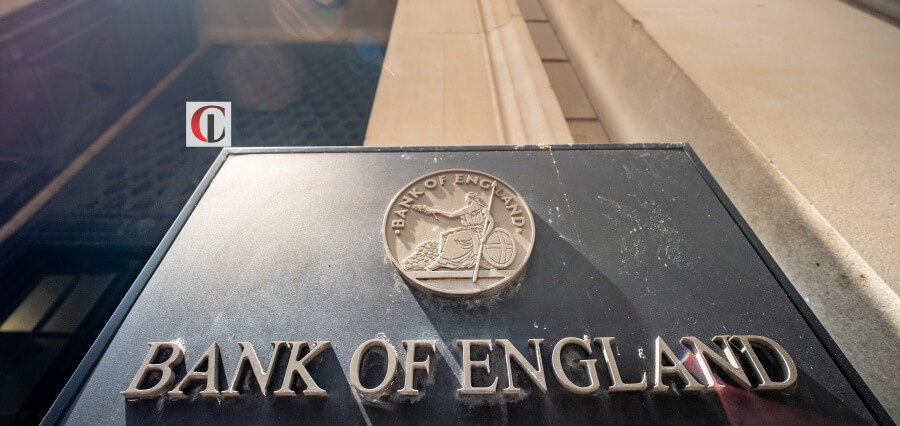UK inflation fell to 1.7% in September, its lowest since April 2021, the Office for National Statistics said Wednesday suggesting that inflation for the first time in several months has been below the Bank of England’s (BOE) target of 2%, thereby increasing market expectations for a potential rate cut when the BOE meets later this month.
A Reuters poll that surveyed economists estimated inflation would have edged higher to 1.9% for September, after August’s rate of 2.2%. However, core inflation was 3.2% for the month, lower than August’s 3.6% and below the 3.4% for July.
Notably, though the inflation rate in services sector, which is accounted for a sizeable percentage of the UK economy reduced to its lowest since May 2022 levels of 4.9% during September from August levels at 5.6%, it is no secret that policymakers at the BOE are interested in these signs of interest-rate adjustment discussions.
Market expectations for a 25-basis-point rate cut in November soared to 92% from 80% following the inflation report, after data showed lower wage growth. Analysts say that would further ease the case for a reduction.
The British pound tumbled after inflation figures since it shed 0.6% against the US dollar to $1.299, hitting lows below the $1.30 mark for the first time since 11 September. It also ceded 0.5% versus the euro. Yield on British government bonds plummeted across the board. Two-year yields declined 9 basis points and 10-year gilt yields by 7 basis points.
Headline inflation fell to 11.1% in October 2022 from a record high. The figure marks a move towards a more benevolent inflation environment that was underpinned by lower fuel costs, said Suren Thiru, economics director at the Institute of Chartered Accountants in England and Wales.
However, he warned it could bounce back in October when the energy cap is set to rise in October from regulators.
“A big reason for the fall is that the prices of air fare reduced significantly during this period,” Capital Economics Chief UK Economist Paul Dales said. For his part, Deutsche Bank Chief UK Economist Sanjay Raja saw the inflation data in a better light, saying it may force the MPC to get more aggressive in policy adjustments. This also may influence the future inflation trends because the budget is expected to appear at the end of the month.
For more Details: https://ciolook.com/

